Learn to Move Beyond the Pain of Loss
An action-based, powerful, directed approach to healing from life’s deepest heartbreaks.

Corporate
Workshops
We provide grief and loss training, keynotes, and workshops for organisations around Australasia.

Become Certified to Help Others
Grief Recovery Method teaches individuals and therapists to support clients as they overcome grief.

Get Help to Move Past the Pain of Grief
Learn the only evidence-based approach to move beyond death, divorce and other losses in your life.
You Don’t Have To Bear
The Pain Of Loss Forever
Grief is the normal and natural reaction to loss — whether that loss was caused by a death, the end of a relationship, loss of employment, or one of the significant life events that invoke this strong and overwhelming emotion.
The Grief Recovery Method is an action plan; a series of small steps that lead to the completion of the unresolved communication that is linked to the loss.
If you are struggling to move beyond the pain of grief or want to provide clients with a strategy to overcome a significant loss, you will find the solutions through our services. Book a call to find out more.
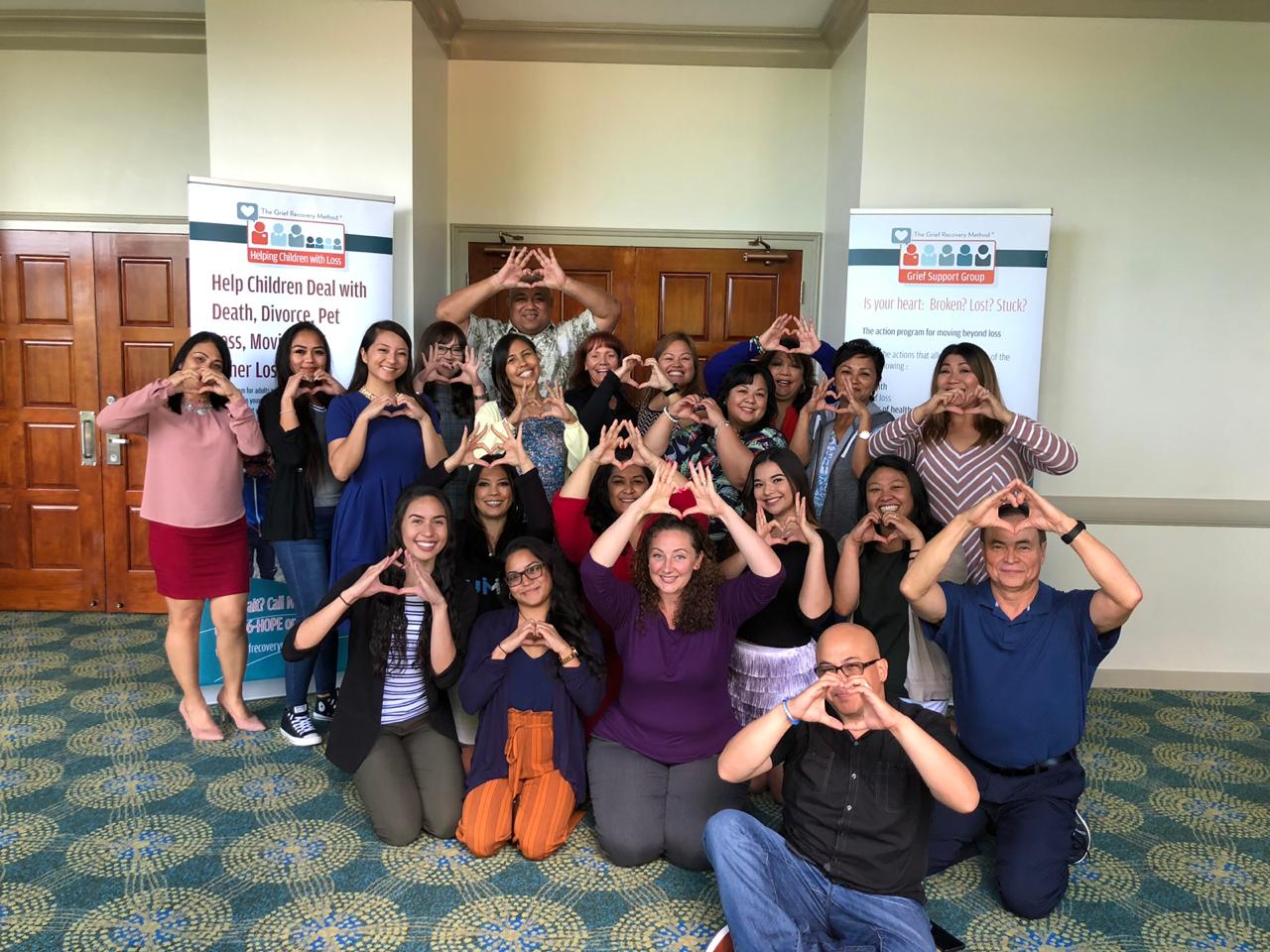
OUR STORY
Grief Recovery Institute of Australasia is an extension of a global program.
Our evidence-based, sequential method was developed to help people overcome grief.
As a result of our training, people describe having a “weight lifted from their shoulders” and a renewed ability to enjoy their life.

OUR SERVICES
The Grief Recovery Method works with therapists, individuals and organisations.

Training & Certification
Learn a step-by-step framework to help your clients overcome grief and loss.

Grief Recovery Program
Work through an action and evidence-based program to move on from grief.

Helping Children with Loss
Equip your team to help their clients transition beyond feelings of despair.

Resources
Access helpful publications written for children, adults and therapists.
Download Guide for Loss
ENTER YOUR NAME & EMAIL ADDRESS TO DOWNLOAD
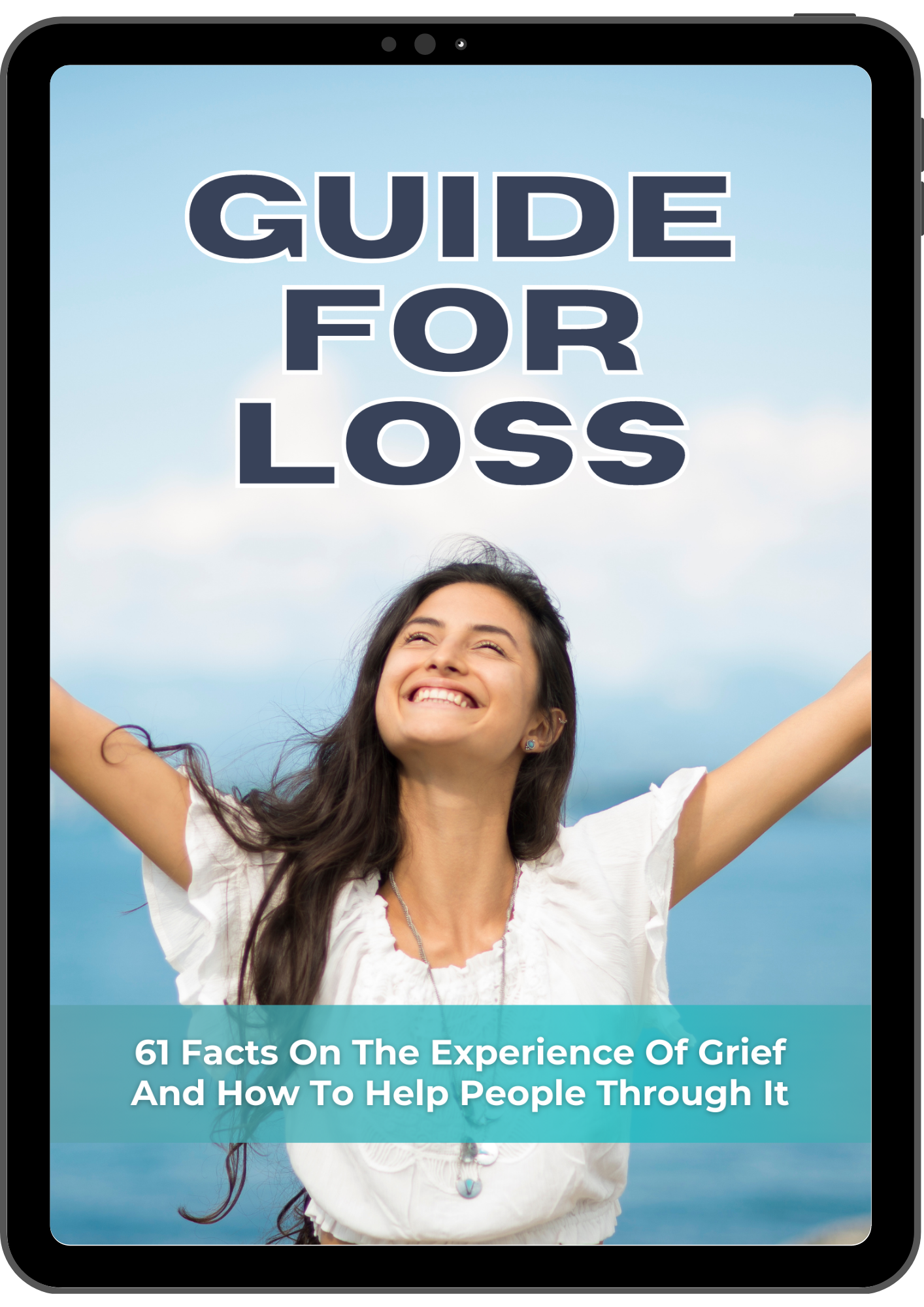

TESTIMONIALS
Hear from Australasianss who have participated in the Grief Recovery Method training.
Loss of a Child
Grieving the Loss of a Child
Grieving the Loss of Family
Grief from Childhood

Why Choose Grief Recovery Method?
A unique program that is more than counselling

46-Year History
Grief Recovery Method has been shared for almost 50 years.

Evidence-Based
You won’t find any other evidence-based grief recovery method training.
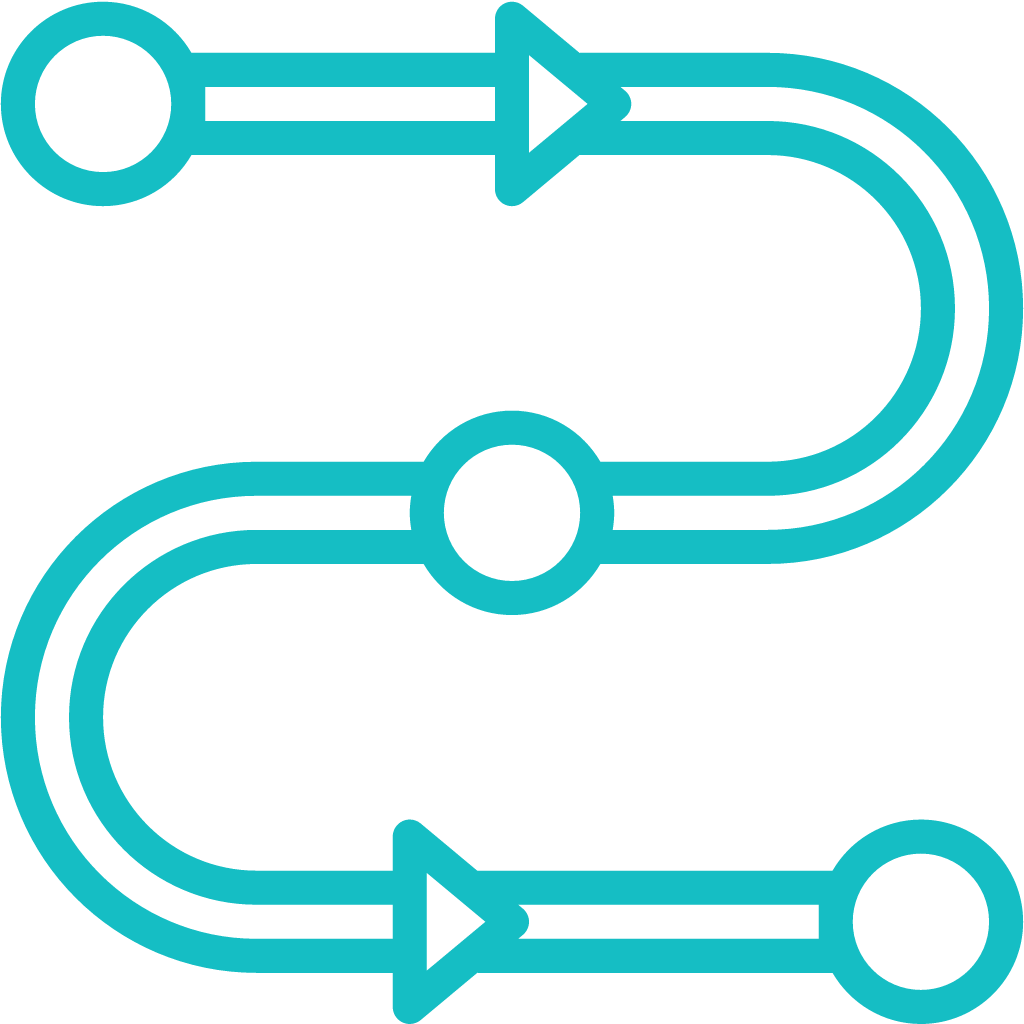
Step-by-Step Program
Go beyond understanding and take action to move beyond the pain of loss.
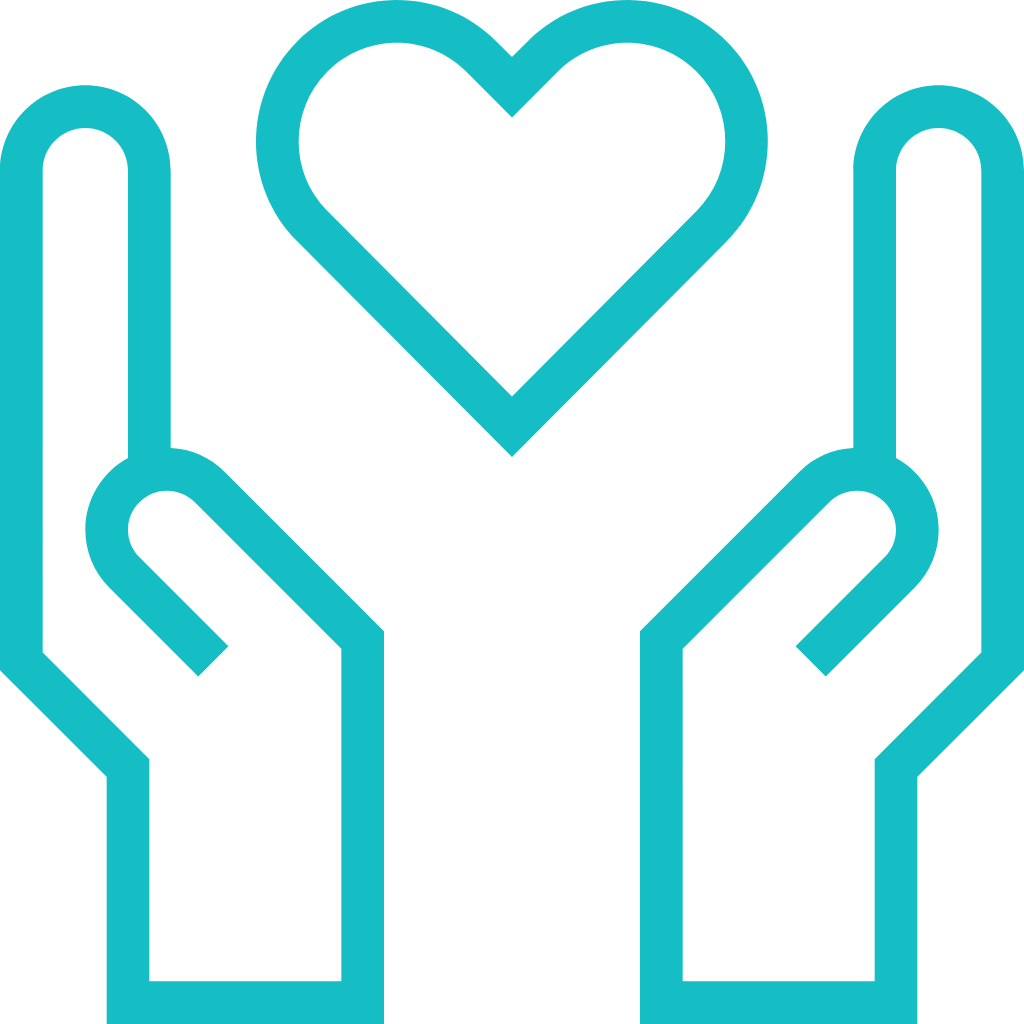
Improve Your Therapeutic Services
Grief Recovery Method has been shared for almost 50 years.
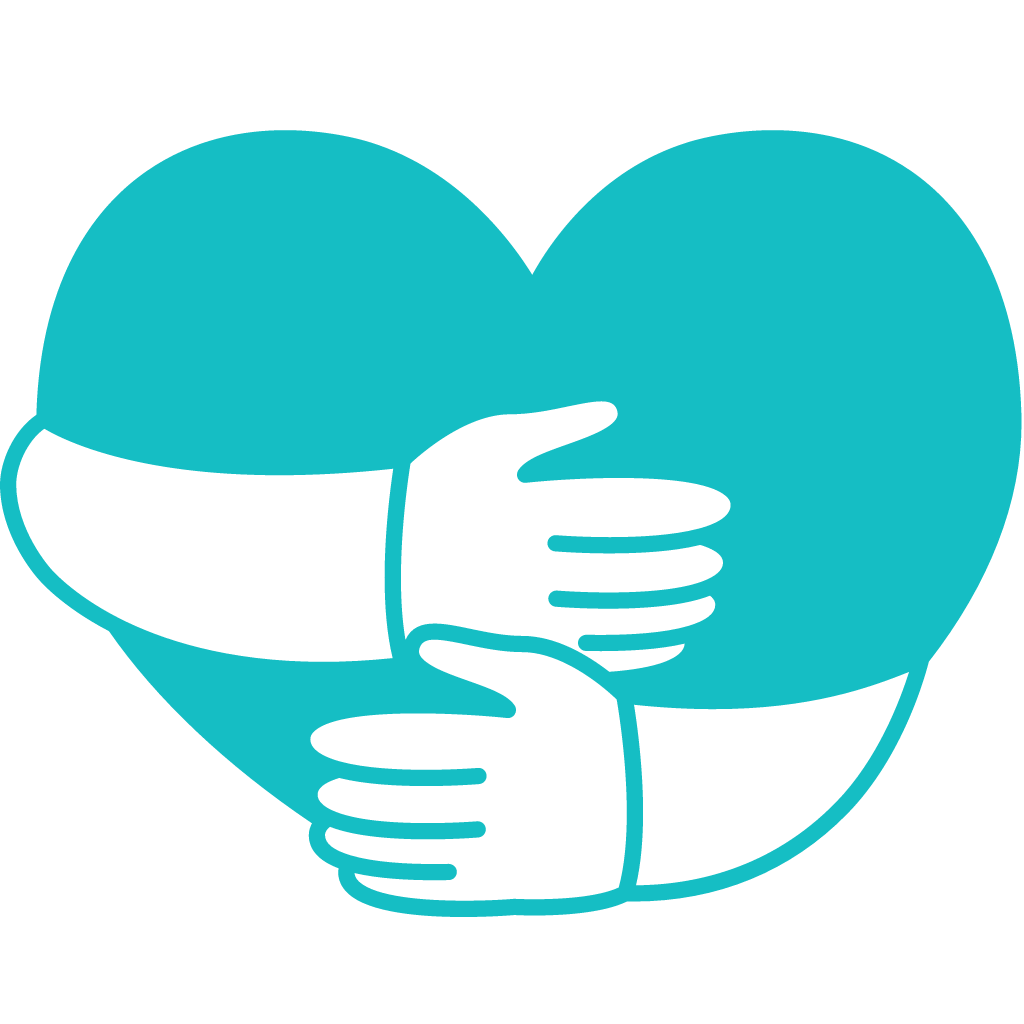
Caring, Authentic
Team
You won’t find any other evidence-based grief recovery method training.

Learn to Live
Go beyond understanding and take action to move beyond the pain of loss.

From Our Blog
You don’t have to feel alone.

10 Things You Need To Know About The Grieving Process

Even though we all deal with different levels of grief throughout our lives, a hugely impactful loss can leave us questioning our sanity. Tasks that were once simple can become a challenge. Things that people say (or do not say) can touch us on an emotional level far beyond what they ever did before. Understanding that these are normal reactions to loss is often well beyond anything we have learned before.
Here is a list of 10 things you need to know about the grieving process and how it can affect you:
1. Grief is not just about death! Grief is the normal and natural emotional reaction to any change in your familiar behavior patterns. A change in an ongoing relationship, a move, a change in employment, a change in health, the loss of a pet, or a verbal or physical assault are just a very few of the many things that can trigger a grief response. Your reaction to these other types of loss is sometimes called “disenfranchised grief.” While others may not recognize that these are grieving experiences, it doesn’t mean that they don’t cause you emotional pain.
2. Grief can be very overwhelming! We spend a lifetime learning how to acquire things, but no one ever really teaches us what to do when it comes to losing them. The vast majority of information that we learn about how to deal with loss is in fact “misinformation,” and offers very little help on an emotional level.
3. Grief is emotional, not intellectual. Often friends will give us logical reasons why we shouldn’t feel sad. The problem is that grievers have broken hearts, not broken heads. Those logical reasons rarely help you to feel better.
4. There are no true “stages of grief,” other than a sense of numbness on hearing the news about a loss. The stages of grief that are often quoted were first identified by Elisabeth Kubler-Ross. She was studying how people dealt with their own mortality after they were diagnosed with a terminal illness. These stages don’t relate to how the survivors feel after experiencing a loss. The Yale Medical School proved their lack of value to those grieving other losses in a study.

5. Grievers suffer from a reduced sense of concentration. If you find that you have trouble remembering things you need to do or find that you get lost in the middle of a conversation, this is normal! The overwhelming swirl of emotions that are part of grieving can make it difficult to focus. Rest assured that most bereaved people suffer from this as well.
6. When you are at a gathering, your friends and family may hesitate to bring up the name of your loved one, for fear that it might make you sad. Many grievers find this upsetting. There is nothing wrong with you telling them that you enjoy hearing that name and the stories they have to share.
7. If you find that you become upset when others tell you that they “know how you feel,” or that you “need to get over it,” that is very normal. In truth, they may remember how they felt after their loss, but each person’s grief and feelings are their own! People never get over an emotional loss, but they can learn to survive and thrive in spite of it.
8. “Time heals all wounds” and “grief just takes time” are comments that are heard by the majority of grievers. Time is not a factor in your recovery from loss. Time just goes by and allows you to become used to feeling that emotional pain. It is what you do with that time that matters when it comes to moving forward with your life. (These statements are other bits of “misinformation.)
9. Don’t be surprised if you see something that reminds you of a fond memory of your loved one and then find yourself suddenly sad over any number of other things. Your ongoing grief will remind you of things you might have wished had been different, better or more in your relationship. Those tears may be a sign that you have “unfinished business” in your relationship that you need to address. That is where you might find utilizing the action plan in “The Grief Recovery Handbook,” by James and Friedman helpful. While you may continue to miss the physical presence of that relationship, you can greatly reduce the level of emotional pain that prevents you from enjoying your fond memories.
10. Think about how often people have talked when you just wanted them to listen. If this is something that bothered you, it doesn’t mean that you need to continue that pattern when you try to help other grievers. If someone is sharing their story about their loss, the best thing to do is to listen without analysis, criticism or judgment. Remember that no matter how much you may wish to help them, you really cannot “fix” their problem. Just listening is often the best comfort you can offer!
This is by no means a complete list of everything that impacts a griever. While much has been written about this subject, there isn’t a grief definition or list of grief responses that will exactly fit everyone. Each person is unique and each relationship is unique. Understanding that there are many ways that it can impact you and that there are independent grief support services, like the Grief Recovery Institute, that can help, are key parts of moving on beyond the emotional pain of your loss.
Are you grieving and interested in knowing more?


Ready For Change?
Start your journey today.

Step 1
Book A Free Call
Contact us to find out how we can help you as an individual or a therapist.

Step 2
Schedule Your Training
Learn how to overcome grief and begin to heal yourself or others.

Step 3
Move Forward
Finally feel like you know what to do when it comes to dealing with loss.
Lift the Weight of Grief
Nobody should have to live with the permanent pain of grief and loss.
Learn the Grief Recovery Method today.
